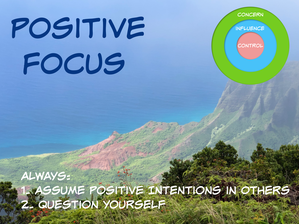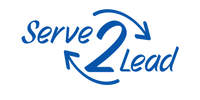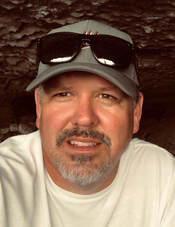Bridging Leadership Lessons from the Workplace and Those Experiences Shaping Today's Youth and Tomorrow's Leaders

Have you ever had an opinion of a person but once you spent time with them you gained a better understanding and your opinion changed? Many times those opinions can be difficult to change - just open up your favorite social media app and check out any posts regarding the 2020 election!
Peter Senge wrote about Mental Models in his book, Fifth Discipline. Senge described Mental Models as “deeply ingrained assumptions, generalizations or even pictures or images that influence how we understand the world and how we take action.” The scary part about his description is the last part about how we act based upon those mental models. Acting out of a bias or possible false view of a person or situation can lead to potential failures and negative impacts to us and our customers. We are all guilty of this behavior at work, with friends, on social media. We can quickly establish a view of someone based upon Mental Models that have been created over time - the way people dress, the way people look, the way society promotes certain activities or how the auto market can be impacted by views on style or quality. Mental Models are not always wrong and in some situations may be accurate, but the potential for mistakes is always there. The point being is that we ALL have Mental Models whether we are aware of them or not. The challenge for us as engaged employees and community members, is to recognize those Mental Models and make sure our actions are not based solely upon those views but on actual data and information as it exists. In an interaction with another employee, it would be helpful to share the Mental Model that exists so they know up front what your perspective is and then it can be out and on the table. What if our Mental Model lies below the surface and we are unaware that they exist? We can end up contributing to conflict by making assumptions and then we base our response on those assumptions and not on the reality that exists. That is why we need self-reflection and the ability to critically challenge our ways of thinking. To be open to influence and engagement. Reflection is a skill that should be practiced. By bringing your mental models to the surface, you provide transparency and lay the foundation on which to build trust. Challenge your own perspective and search for your own biases and Mental Models that may exist. Ask yourself questions. Assume good intentions in others and that they are being forthright. By taking these approaches, you can engage in what Senge calls “learningful” conversations in an open environment where truth and understanding can be at the center of the discussion and not the defensiveness of blame or protecting a position. So often we avoid opportunities to change or grow because we limit ourselves to what is familiar to us - in how we think and act. Einstein said, “Our theories determine what we measure.” So during a conflict, instead of blaming someone else, ask yourself how your actions or thoughts contributed to the situation? Don’t let Mental Models restrict your ability to grow. You must seek them out, challenge their validity and share your findings with others. Using transparency to share your Mental Models to build trust with those you engage will truly help you make a difference Beyond Today.
1 Comment
Shalena Doss
2/23/2023 09:32:51 am
"So during a conflict, instead of blaming someone else, ask yourself how your actions or thoughts contributed to the situation?" #selfreflectionworks Love this sentence!
Reply
Leave a Reply. |
AuthorTom Brown - a husband and a father who is simply trying to make a difference. Using my experience as a Manufacturing Executive to connect leadership from the boardroom to the hardwood to help teams grow and develop to make a difference in the lives of others. Archives
May 2024
Categories |
Proudly powered by Weebly

 RSS Feed
RSS Feed

